Japanese Juvenile Justice System
Japanese juvenile justice system. Who becomes an outcast. Youth crime has fallen dramatically in Japan. Reintegrative Shaming and Juvenile Delinquency in Japan.
In order to realize the principles of the sound rearing of juveniles articulated in Article 1 of the Juvenile Act Japan has applied a system where every juvenile case is referred to a family court after an investigation has been conducted by the police or prosecutors. Japan uses a multifaceted case flow process for juveniles in which there are opportunities for court personnel at all levels to interview evaluate and assess both the merits of the case and the juvenile involved. The cases are first assigned to one of the three Petty Benches and those cases that involve constitutional questions are transferred to the Grand Bench for its inquiry and adjudication.
Also they have three different behaviors for juveniles. In recent times examples of a relatively few horrific juvenile-perpetrated offenses have led to a misperception of an increase in offending and a public interest in more punitive responses for youth law-breaking. However the parents may incur a civil responsibility of restitution based on civil litigation that is independent of either the criminal or juvenile procedure.
The Japanese criminal justice system has come under harsh scrutiny in the wake of the November 2018 arrest of Carlos Ghosn former chairman of Nissan. But is the introduction of new more severe laws the. Japans juvenile justice system reflects a western parens patriae-type orientation with an emphasis on rehabilitation protection and the overall well-being of the accused child.
And Japanese Juvenile Justice Systems. Serious juvenile delinquency is increasing in Japan although it remains remarkably low by international standards. Hong Lu Examination Committee Chair Professor of Criminal Justice University of Nevada Las Vegas The Japanese juvenile justice system has been widely regarded as operating based on the principles of reintegrative shaming.
Penal populism Introduction Despite a plethora of discourses on youth justice 1 among legal practitioners and academics in Japan very few attempts have been made thus far at giving observers in other jurisdictions a better understanding of Japans system Yoshinaka. Japanese youth justice has experienced several reforms to date. The juvenile justice system in Japan has reached a new stage since the latter half of the 19th century.
The Shonen-Ho is the primary of the two. There seems to be a misunderstanding that Juvenile Law is established to punish delinquents.
Japan uses a multifaceted case flow process for juveniles in which there are opportunities for court personnel at all levels to interview evaluate and assess both the merits of the case and the juvenile involved.
Role of a Lawyer. Three basic features of Japans system of criminal justice characterize its operations. The Shonen-Ho is the primary of the two. Consequently contact with and processing by the juvenile justice system is much reduced. Currently a radical revision is under consideration. In order to realize the principles of the sound rearing of juveniles articulated in Article 1 of the Juvenile Act Japan has applied a system where every juvenile case is referred to a family court after an investigation has been conducted by the police or prosecutors. Volume 33 Issue 4 p. Juvenile and Family Court Journal. Metaphorically speaking Japanese law has largely discarded its Kimono for new European suit.
Few youths receive a custodial sentence and of those that do most serve their sentences in closed and semi-closed juvenile facilities. They are classified as Juvenile delinquentsoffenders. There seems to be a misunderstanding that Juvenile Law is established to punish delinquents. Japan uses a multifaceted case flow process for juveniles in which there are opportunities for court personnel at all levels to interview evaluate and assess both the merits of the case and the juvenile involved. The cases are first assigned to one of the three Petty Benches and those cases that involve constitutional questions are transferred to the Grand Bench for its inquiry and adjudication. The Japanese Juvenile Justice System How does it help preserve Japans Low Crime Rates. Another unique aspect of the Japanese juvenile justice system is the use of family court counselors and conciliation commissioners.
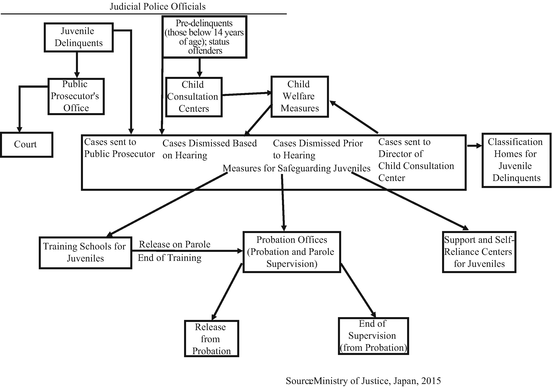



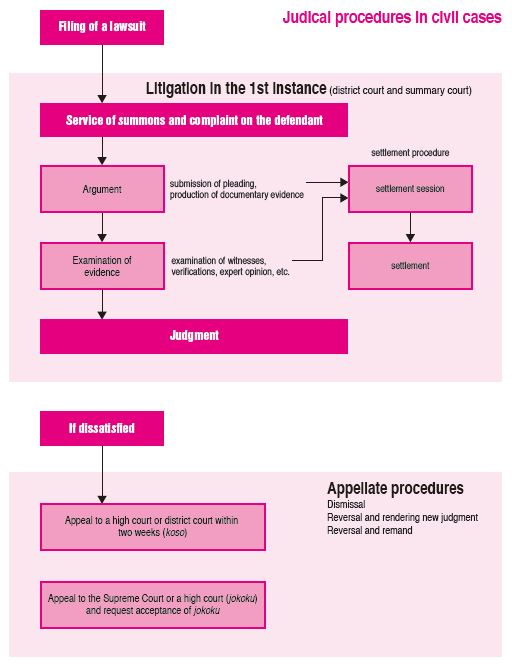
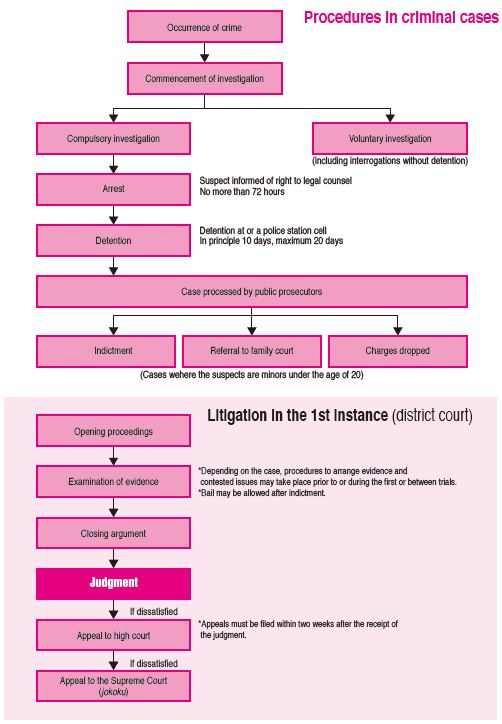











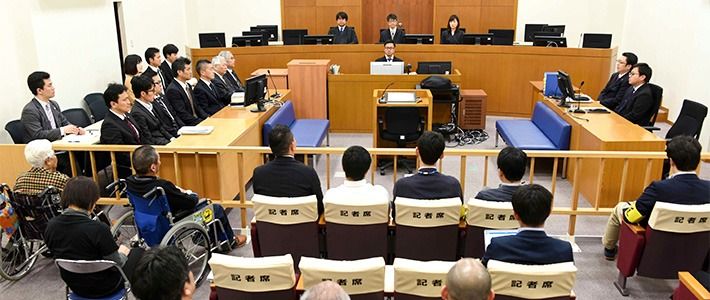




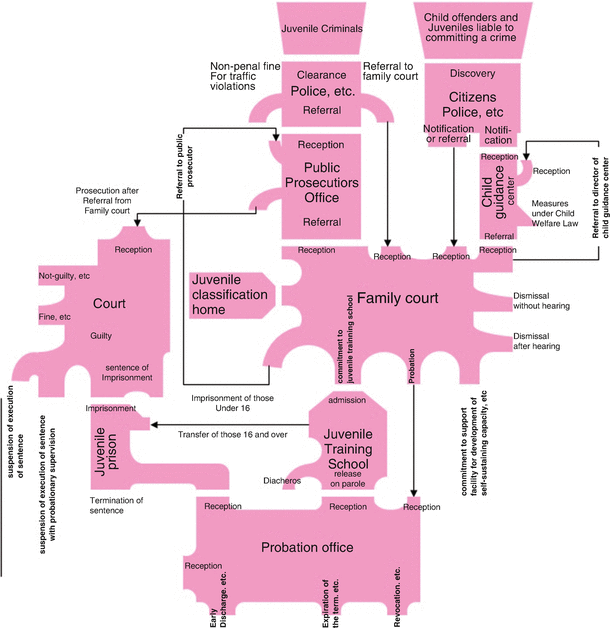






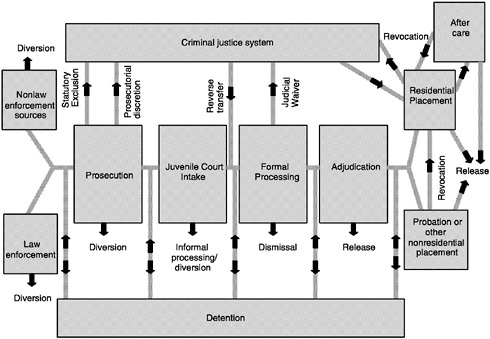
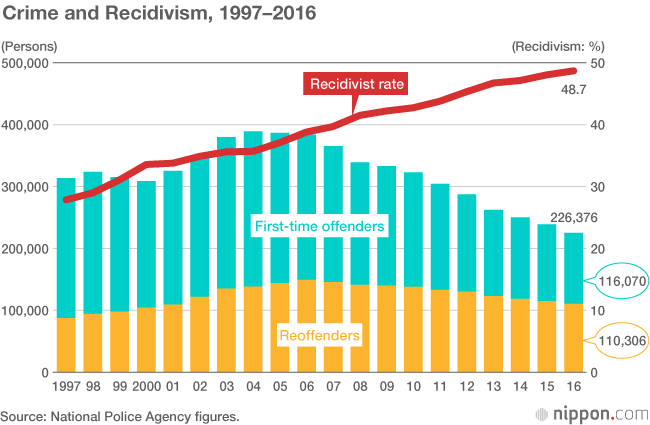





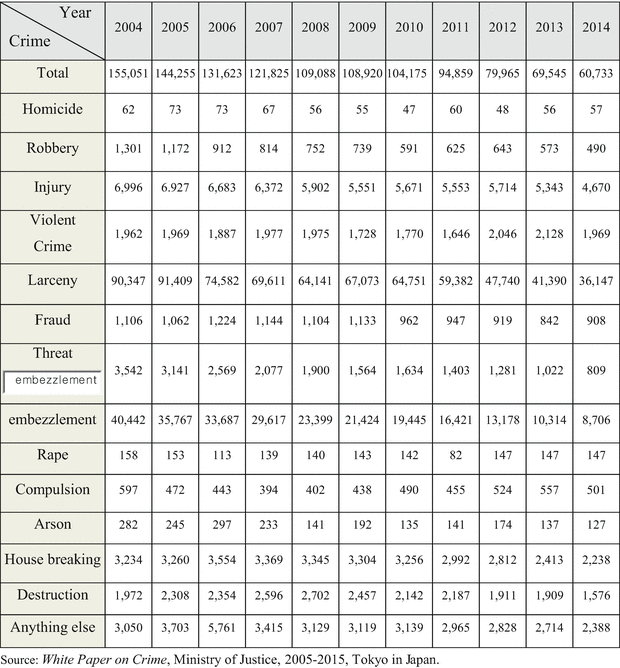





Post a Comment for "Japanese Juvenile Justice System"